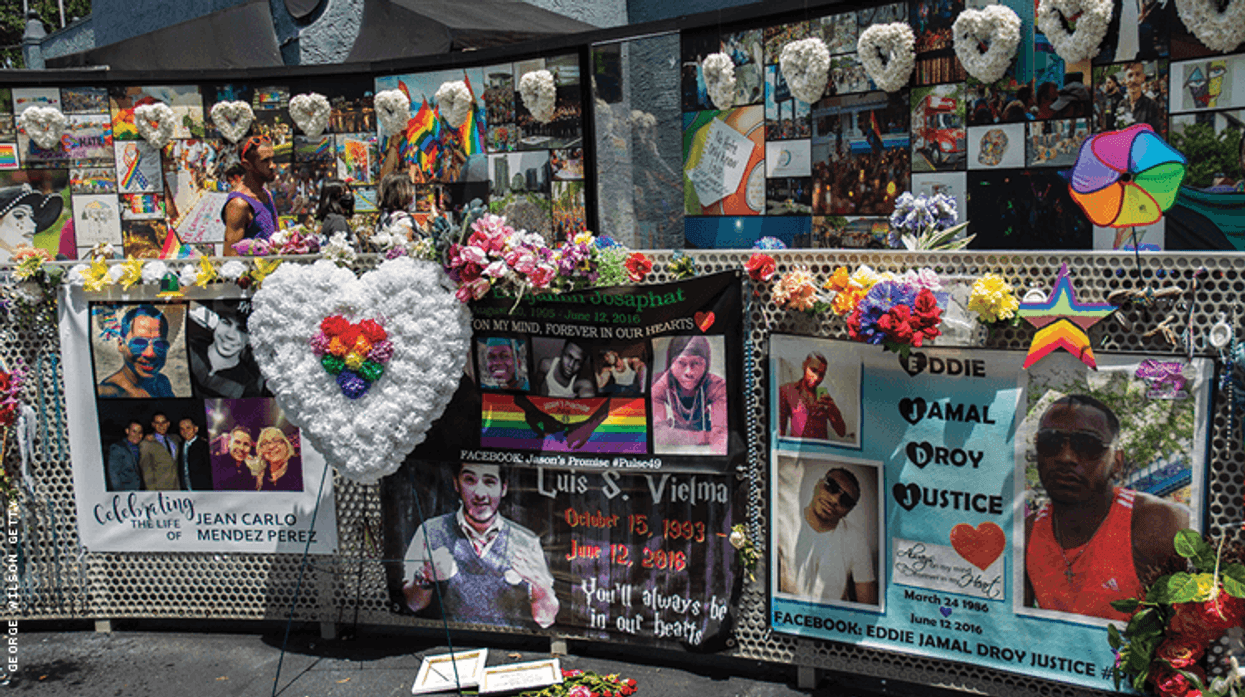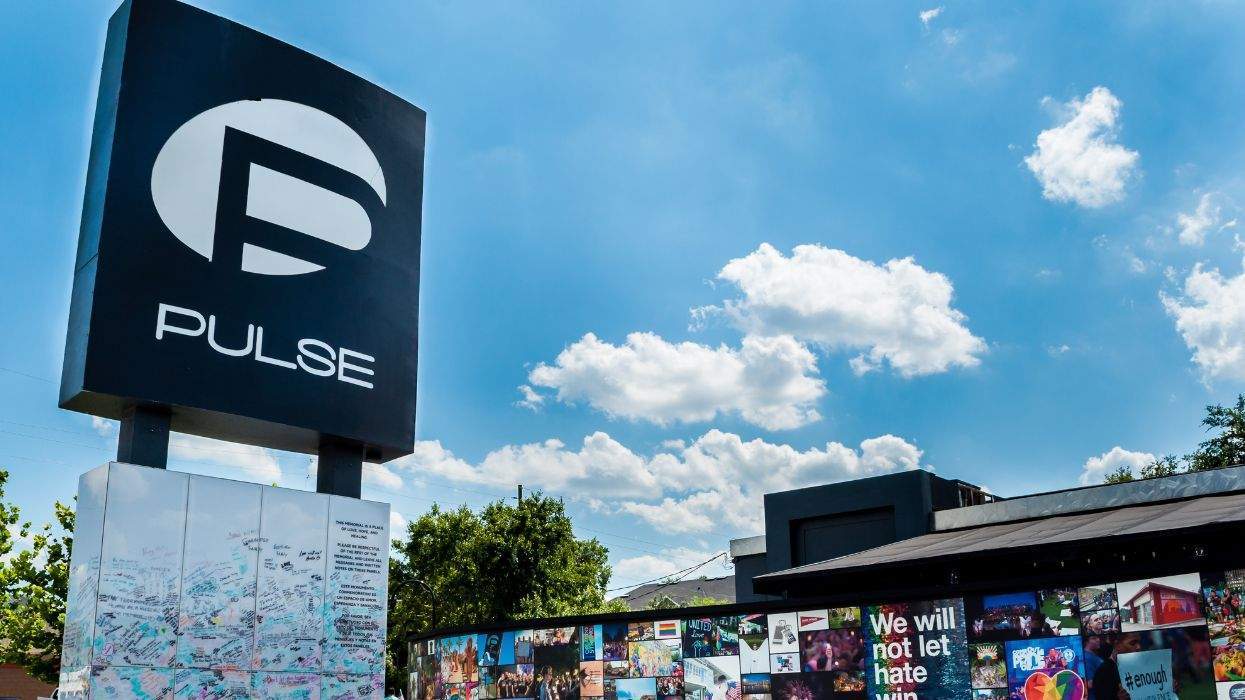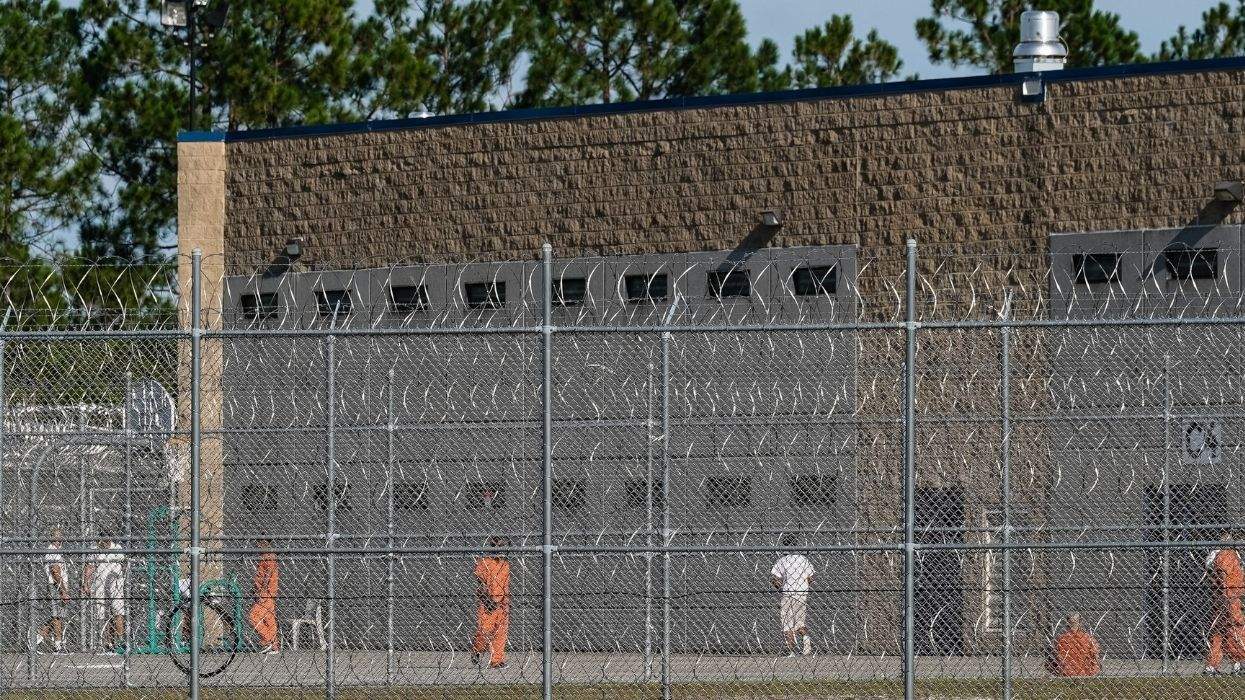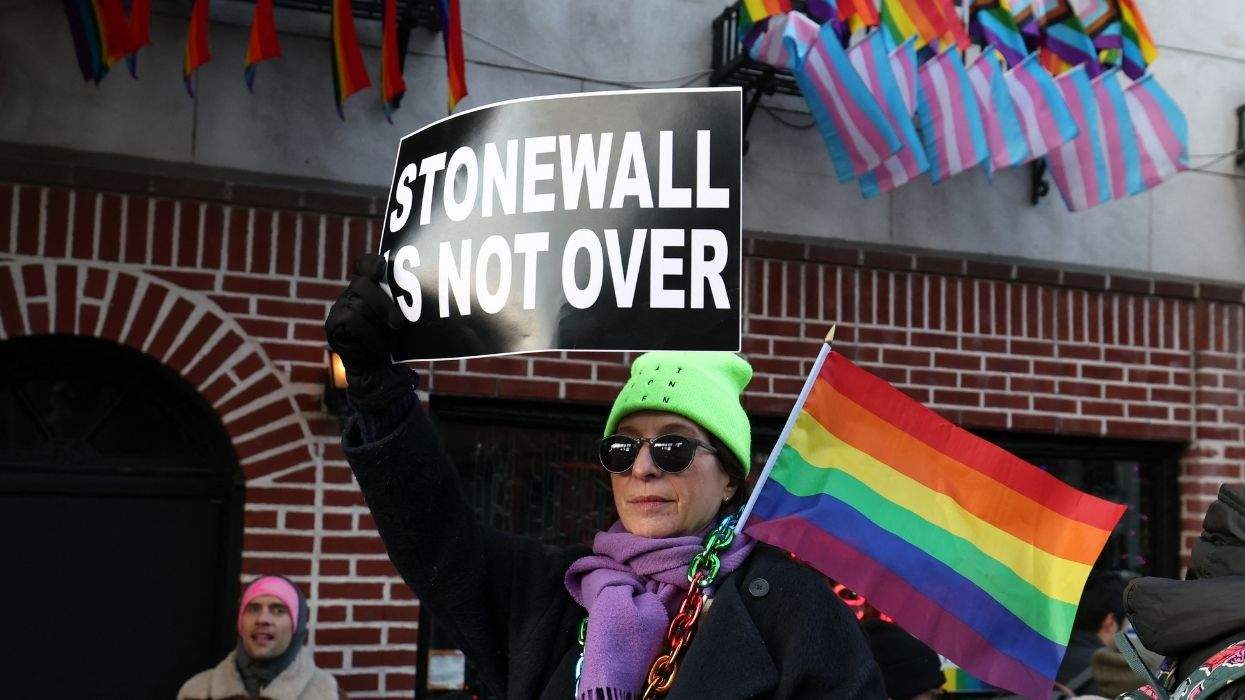A federal appeals court upheld a previous court's decision that found social media companies are not liable for providing the 2016 Pulse nightclub shooter with ISIS propaganda that inspired the attack.
The U.S. Eleventh Circuit Court of Appeals ruled that that companies named in the case, Twitter, Facebook, and Google, cannot be sued for the shooter's use of their social media platforms.
The suit, brought by plaintiffs that included survivors and estates of victims killed in the attack, argued that the companies had illegally aided and abetted the shooter under the Anti-Terrorism Act, reported The Washington Blade.
"We are deeply saddened by the deaths and injuries caused by Mr. Mateen's rampage, but we agree with the district court that the plaintiffs failed to make out a plausible claim that the Pulse massacre was an act of 'international terrorism' as that term is defined in the ATA," the court's decision stated. "And without such an act of 'international terrorism,' the social media companies--no matter what we may think of their alleged conduct--cannot be liable for aiding and abetting under the ATA."
The court of appeals consisted of a three-judge panel: U.S. Circuit Judge Adalberto Jordan, an Obama appointee; U.S. Circuit Judge Adalberto Jordan, a Trump appointee; and U.S. Circuit Judge Julie Carnes, another Obama appointee. Jordan wrote the decision.
The massacre at Pulse led to the deaths of 49 club goers and injured another 53. At the time, the shooting was the worst mass shooting in U.S. history until a shooting in Las Vegas in 2017 claimed that position. The site was named a national monument in June.
Omar Mateen, the shooter, professed his allegiance to ISIS before being killed by authorities. ISIS then called Mateen a martyr, saying he was one of their soldiers. An investigation by the FBI found that the U.S.-born security guard watched the group's propaganda online leading up to the massacre, according to Courthouse News.
However, the court pointed out in its decision that despite ISIS claiming Mateen as one of their own after the attack, there was never any evidence Mateen was in conversation with the terrorist group or even knew of his plans. The court, instead, found Mateen had been "self-radicalized."
"Mr. Mateen was self-radicalized while living in Florida and committed mass murder there," the decision stated. "A case involving a foreign terrorist who is radicalized overseas, plans his attack there, and then travels to the United States (or elsewhere) to commit an act of mass destruction may well fit the [ATA]. ... But this case, given the allegations in the complaint, is not close to that hypothetical."
















Charlie Kirk DID say stoning gay people was the 'perfect law' — and these other heinous quotes
These are some of his worst comments about LGBTQ+ people made by Charlie Kirk.